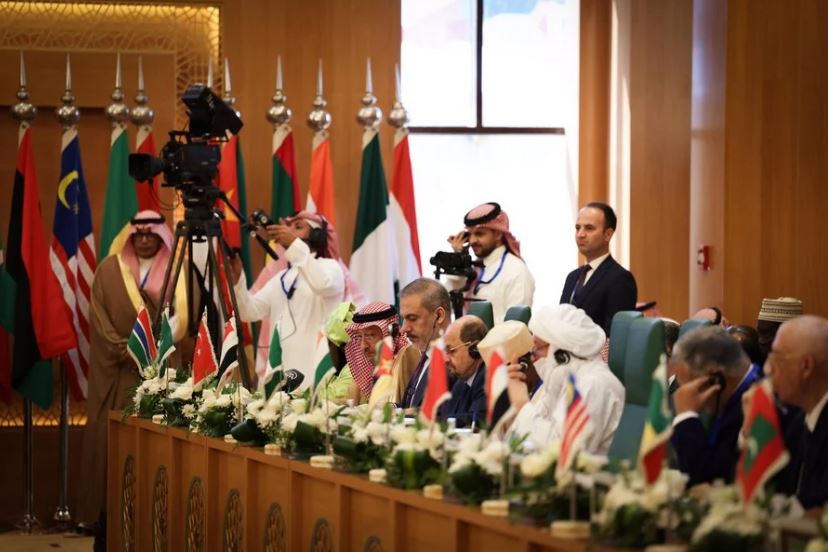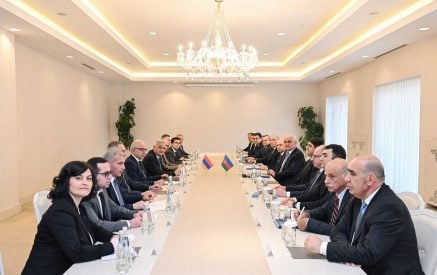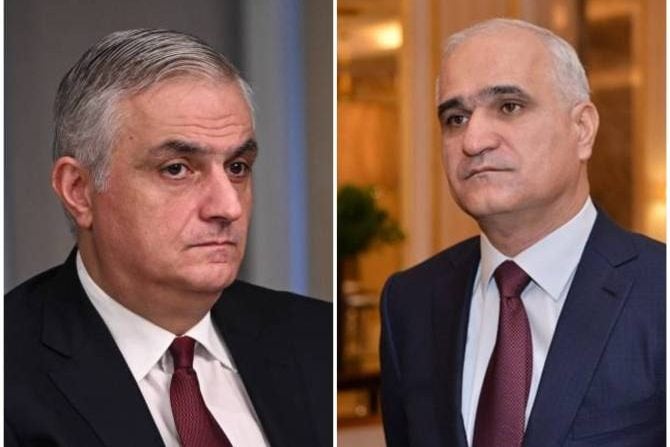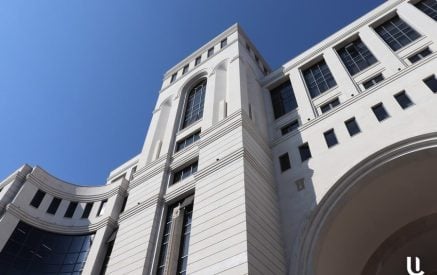The latest developments show that the relations between Iran and Azerbaijani are improving
A day ago, on March 5, in Jeddah, within the framework of the extraordinary session of the foreign ministers of the member countries of the Organisation of Islamic Cooperation, (OIC), after the meeting of the foreign ministers of Iran and Azerbaijan, several essential statements were made, which testify to the positive dynamics of Iran-Azerbaijan relations. Several records of Iran’s Foreign Minister Hossein Amir–Abdollahian are perhaps important to understanding the current context of Iran-Azerbaijan relations.
According to the “Iran Today” Telegram channel, Abdollahian stated that Azerbaijan has an essential place in Iran’s neighborhood policy. He emphasized that the two peoples, apart from the historical ones, also have kinship ties. According to some reports, during the meetings held in Jeddah, Tehran, and Baku agreed on the imminent return of Azerbaijani diplomats. The Azerbaijani mass media are especially active. That testifies to the positive dynamics of Iran-Azerbaijan relations.
Let’s remember, the relations between Baku and Tehran were especially aggravated after the armed attack on the Azerbaijani Embassy in Iran in January 2023, as a result of which a security officer of the diplomatic mission was killed and two of his colleagues were injured.
Read also
After the incident, the Embassy of Azerbaijan stopped its diplomatic activities, and its employees and their families were evacuated to Azerbaijan. At the beginning of April 2023, Azerbaijan declared four employees of the Iranian Embassy in Baku persona non grata. The Iranian side also took a retaliatory step by deporting four Azerbaijani diplomats.
Although Iran-Azerbaijan relations have always been fraught, in particular the problems related to the legal status of the Caspian Sea, Azerbaijan-Israel relations, the policy towards the Shia clergy in Azerbaijan and the Shia population in general, Iran-Armenia relations, and Iran’s neutral position on the Karabakh issue, competition in the gas and oil export market, etc., however, after the latest statements, it is noticeable that the two countries want to improve relations. In Jeddah, the Iranian Foreign Minister also announced: “Fortunately, a new page has opened in the relations between the two countries, which is encouraging for both peoples. The two countries have many opportunities for cooperation. The Minister of Foreign Affairs of Azerbaijan, Jeyhun Bayramov, emphasizing bilateral cooperation in transit and cargo transportation, stressed that Azerbaijan is ready to develop cooperation within the framework of the North-South corridor.
Iran-Armenia: mutual interests and ambitions
The opening of the Iranian Consulate General in Kapan was a clear message that Syunik is one of the key directions of Iran’s foreign policy. Although, according to some information, Iran has other ambitions related to Syunik, particularly its military presence, the consular presence of Iran in Syunik is generally evaluated positively.
The opening of the RA consulate in Tabriz will also take place soon. Notably, the pan-Turkic currents raised a large-scale wave of protest and expressed dissatisfaction on this occasion. Tabriz is one of the major economic cities of Iran, and the consulate can make the financial connection between the parties smoother. Recently, there were rumors about the possibility of signing a security agreement between Armenia and Iran, but on this occasion, Iranian Foreign Ministry spokesperson Nasser Kanaani provided some clarifications. He stated, “I have no information about signing such a contract. The relations between Iran and Armenia are constructive and based on mutual interests within the framework of strengthening the security and stability of the region.
Nasser Kanaani once again reaffirmed Iran’s position regarding the so-called “Zangezur Corridor” and noted: “We have expressed our position on this matter many times. That position has not changed and will not change. Any geopolitical change that will lead to a change in the region’s international borders is unacceptable for Iran.
On February 14-15, the 18th session of the intergovernmental joint commission of Armenia and Iran was held in Tehran under the co-chairmanship of the RA Deputy Prime Minister Mher Grigoryan and the Deputy President of the Republic of Iran, Head of the Programming and Budget Organization Dawood Manzoor. According to the official statement of the RA government, “The high level of political relations between Armenia and Iran and the great potential for the development of trade and economic relations were emphasized on both sides. The signing of the contract on the extension of the previous “Gas-for-electricity” project in 2023 and the involvement of Iranian companies in the construction works of the Agarak-Kajaran 32 km road section were highlighted. Deputy Prime Minister Grigoryan hoped the third Iran-Armenia high-voltage power transmission line would be completed this year.”
Armenia’s and Iran’s interests coincide in at least two areas: the so-called corridor and the issue of gas supply. Regarding security issues, it is unequivocal that against the background of Armenian-Russian relations, which are facing more enormous obstacles and problems daily, Iran will try to fill the security gap caused by the current issues of Armenian-Russian relations.
Regarding security issues, it is unequivocal that against the background of Armenian-Russian relations, which are facing more enormous obstacles and problems daily, Iran will try to fill the security gap caused by the current issues of Armenian-Russian relations.
Iran may consider Armenia an excellent platform to secure its position and presence in the South Caucasus. Another question is how well this fits in the context of the RA-West relations. However, it is also a fact that the security threats coming from Turkey and Azerbaijan for Iran and Armenia are basically the same.
Iran has repeatedly stated at the highest level how vital the Armenia-Iran border is for Iran. We should also note that Iran has always hinted that the Armenian authorities should also take steps in this direction so that Iran can take more confident steps.
TATEV HARUTYUNYAN
The publication was produced within the project “Competing Narratives” implemented by Media Initiatives Center and n-ost.
























































